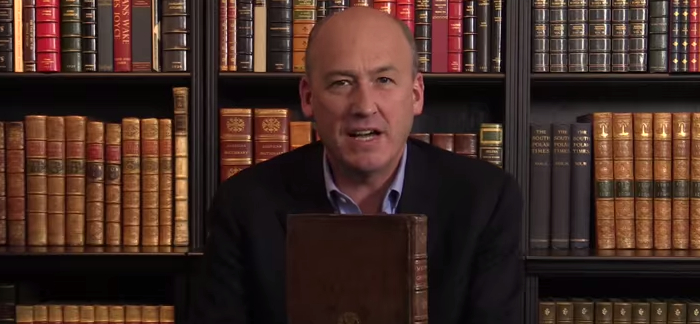Robert Hooke was one of those rare people who could literally do whatever he wanted to do in life. He was a master of every subject he ever decided to study. His contributions include improvements to the fields of biology, chemistry, architecture, and even the invention of scientific instruments. Here are some fun facts about him.
1. An Improvement In Time Keeping.
The problem with pendulum clocks is that they eventually lose time because of gravity. The pendulum slows down without a push to keep it going. Hooke invented a mechanism that would automatically give the pendulum a small push with every swing, letting people be able to keep track of time more accurately. This concept was also put into a pocket watch by incorporating a spring.
2. A Law Of Science Discovered.
Hooke’s Law was crafted in 1660 thanks to his various observations and experiments. It is still considered a law of science to this day. It says that the tension of a spring increases based on the length to which the string is stretched.
3. A Better Microscope, But For Literature.
When Hooke published Micrographia, it was evidence that he had managed to greatly improve the design of the microscope. A screw-operated focusing mechanism allowed him to look at some of the smallest components of life with great ease. He put the illustrations he found to paper and his observations became a long-term best seller in the 17th century.
4. Always Blame The Aliens.
When people first encountered the detailed drawings of life on Earth that Hooke made, they didn’t believe they were true. They thought it came from his imagination because some of the structures seemed so foreign. His sketch of the eyes of a dronefly, for example, made people doubt the authenticity of his work.
5. Does That Go With Marinara?
One of Hooke’s greatest accomplishments was finding a form of microscopic fungi in 1665. It is the first known instance of a microorganism being documented. Single-cell life would be discovered about a decade later.
Robert Hooke advanced human knowledge in many fields and his contributions are still seen every day. Because of his work, we actually know what cells are. That’s not too bad for a boy who almost never went to school.




